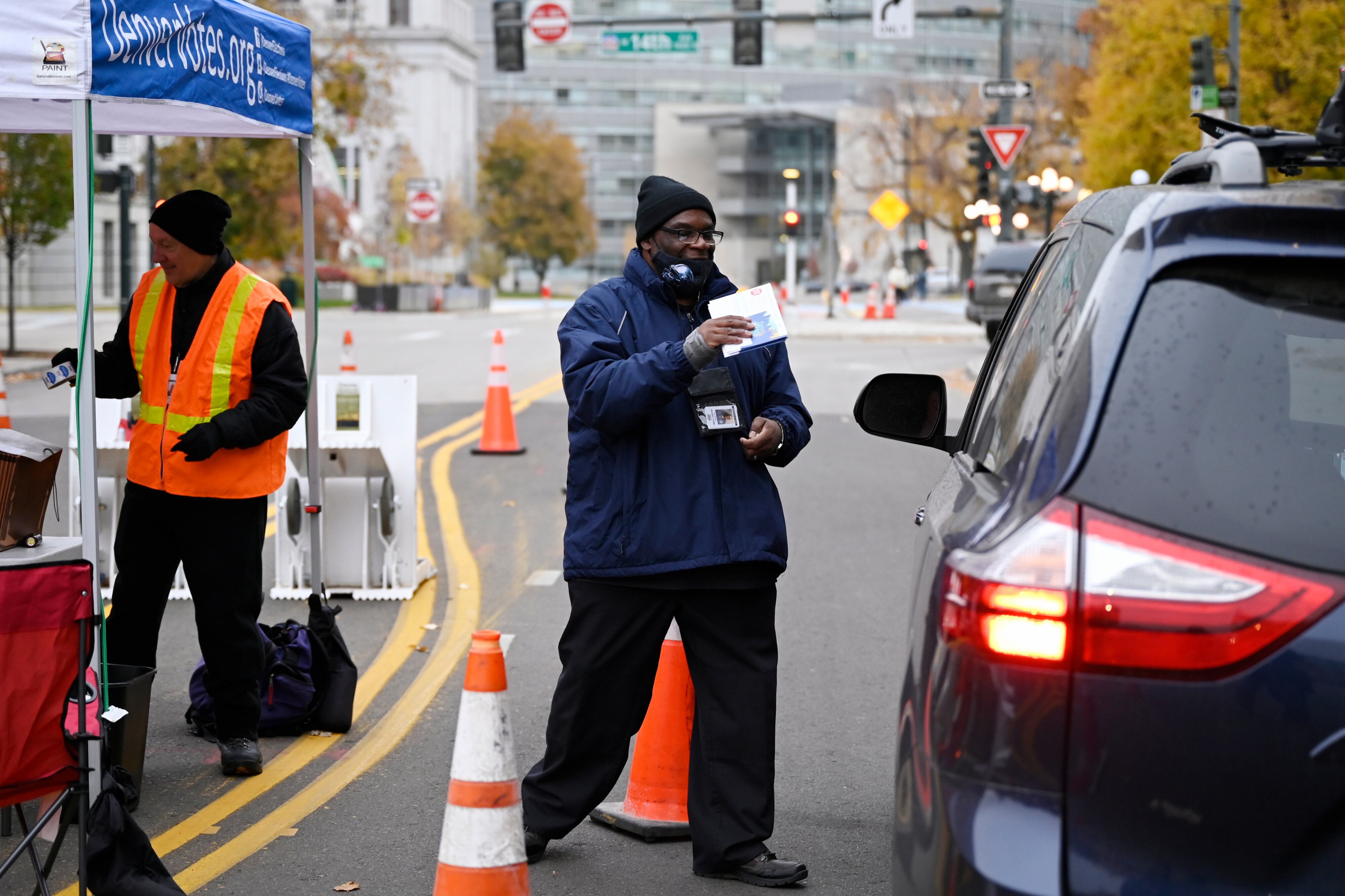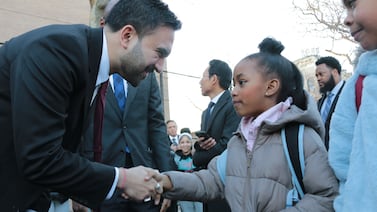Elections are just around the corner, and the winners will have lots of work to do to help students, teachers, and families deal with major education challenges: disrupted learning, derailed college plans, expensive child care.
We want your help to make sure our election coverage answers the most important questions you have about Colorado preschool, K-12 schools, and higher education. Please take the survey below and let us know: What education questions do you have for Colorado’s next governor? What should we ask candidates for State Board or the Colorado General Assembly?
There aren’t any school board races on the ballot this year — those happen in odd years — but voters will be making choices for governor, Colorado House and Senate races, and the State Board of Education, along with several ballot measures.
Gov. Jared Polis, the incumbent Democrat, is running for his second term. Republican Heidi Ganahl, an at-large member of the University of Colorado Board of Regents, hopes to replace him.
Education policy is more decentralized in Colorado than in many states, but the governor can use influence in a number of ways. The governor has a large platform to advocate for change. The governor makes budget recommendations, works with lawmakers to craft bills, and holds the veto pen as a last resort. The governor also appoints the heads of the departments of Early Childhood and Higher Education.
Governor isn’t the only important position on the ballot.
There are four open seats on the State Board of Education, which is growing from seven seats to nine. The State Board appoints the education commissioner, sets academic standards, and oversees standardized testing, school accountability, and teacher licensure and evaluation. The State Board also has the power to overturn school district decisions about charter schools.
Voters also need to decide on candidates for the state House and Senate. What’s possible in education policy very much hinges on who is in the legislature and which party controls each chamber.
In recent years, legislators have expanded school funding, reworked the teacher evaluation system, extended free college tuition to foster youth, given charter schools more authority to serve students with disabilities, and ordered school districts to better monitor how they discipline students of color and those with disabilities.
They’ve also rejected bills to require school districts to post curriculum online and to give school districts greater authority to turn down charter schools.
Let us know what matters to you. We’ll use your survey answers as we prepare our candidate questionnaires and plan our election coverage.
Bureau Chief Erica Meltzer covers education policy and politics and oversees Chalkbeat Colorado’s education coverage. Contact Erica at emeltzer@chalkbeat.org.






